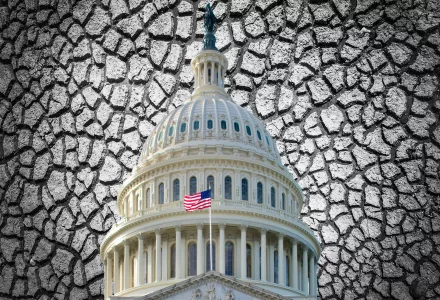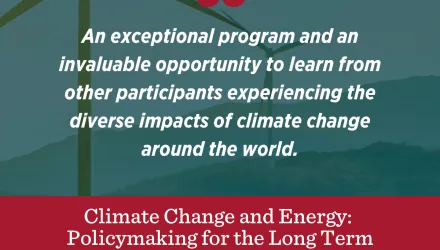
Executive Summary
To date, most of the climate policy attention has been focused on the need to reduce the greenhouse gases that are causing climate change and, as a corollary, to accelerate the U.S. economy’s transition from fossil fuels to clean energy. Yet climate change also is straining our nation’s emergency response capabilities as traditional climate-infused disasters such as hurricanes and floods become more frequent and destructive. At the same time, the emergency response community faces new challenges as slower-to-develop climate impacts like drought, heat, and wildfire increasingly are hitting an acute tipping points and becoming life- and livelihood-threatening disasters.
Worsening climate impacts also require that the federal government help communities adapt and become more resilient in the face of known and growing climate change threats. To do this effectively, the time is ripe for the federal government to build new institutional mechanisms that identify best practices across the full spectrum of resilience needs and work more closely as partners with tribal, state, and local governments as they address the many and varying climate risks that they face.
This short essay for the Belfer Center's Homeland Security Project publication series addresses these key climate emergency response and resilience issues and offers specific recommendations for how the government can address them.
Hayes, David J. . “Climate Change Requires New Approaches to Disaster Planning and Response.” Belfer Center for Science and International Affairs, Harvard Kennedy School, June 2023



